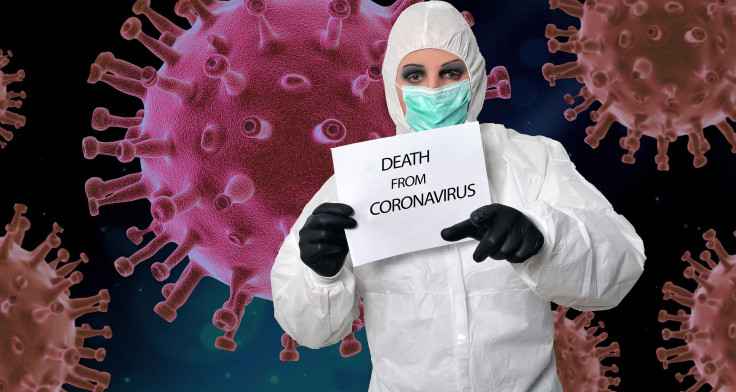Over 300 Dialysis Patients In The US Reportedly Died Due To COVID-19
Three hundred five patients on dialysis in the U.S. have died from COVID-19, according to the latest data released by the Kidney Emergency Community Response (KCER).
The KCER data released, during a webinar conducted last week, also revealed the following:
- Over 6,500 patients on dialysis have been tested for the coronavirus infection
- Over 2700 patients of them tested positive
- And about 132 of them have recovered
- 928 of them were under outpatient care
- 86 of them were undergoing home dialysis
“What you can clearly see here is that, like the general population, New York and New Jersey are some of the hardest-hit areas for the COVID-19 virus for patients with (End-stage kidney disease (ESKD. This is something that is happening across the country,” Healio quoted the webinar moderator Jeffrey Perl, MD.
Nephrologists told attendees during the webinar that patients on home dialysis had several advantages in limiting their exposure to COVID-19 such as fewer trips to the dialysis clinic, fewer interactions with healthcare workers and that they can effectively adhere to social distancing measures.
They opined that the following approaches could avoid placing patients in outpatient dialysis clinics:
- Include prescribing peritoneal dialysis (PD) for patients with acute kidney injury
- Start PD for those receiving their first dialysis in emergency rooms
- Set up quick visits for blood draws, administer medicines and give the patients all needed supplies for home dialysis
- Conduct monthly assessments via telephone
- Use telemedicine and Telehealth
“We all know that life before COVID-19 and after COVID-19 will not be the same. New infection control techniques that we are developing now may help us reduce the risk of infections in the future,” Healio quoted NKC CEO Suzanne Watnick, MD.
Although it is not a usual practice for patients and nurses to wear masks during a PD exchange, it recommended that masks should be used in order to reduce the risk of contamination of the catheter during dialysis.
“If masks are used, staff should have discussions with patients and care partners about mask conservation strategies. Consider reusing masks unless they are visibly wet or soiled. Discuss performing exchanges without masks if no respiratory symptoms are present,” Healio quoted Shannon Novosad, MD, MPH, a medical officer with the CDC’s Dialysis Safety Team.

© Copyright IBTimes 2024. All rights reserved.






















